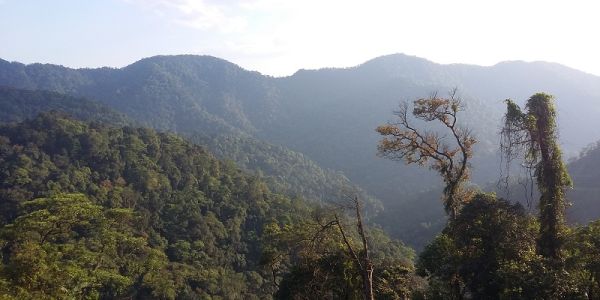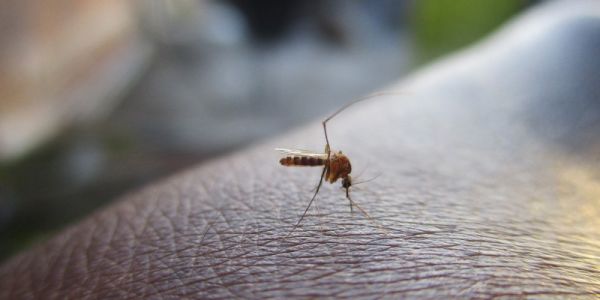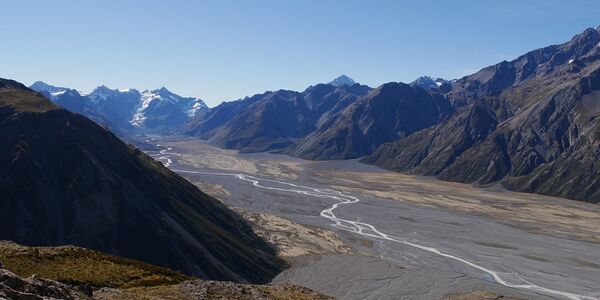
Home of ‘Asian unicorn’ becomes nature reserve in Vietnam
Research by the University of Leeds has helped secure the highest government protection for internationally-important Vietnamese forests.

Research by the University of Leeds has helped secure the highest government protection for internationally-important Vietnamese forests.

A global analysis reveals for the first time that across almost all tree species, fast growing trees have shorter lifespans.

Ice sheets in Greenland and Antarctica whose melting rates are rapidly increasing have raised global sea level by 1.8cm since the 1990s, and are matching worst-case climate warming scenarios.

An international study reveals how future climate change could affect malaria transmission in Africa over the next century.

The renewable energy industry needs to adopt the ideas of a circular economy, where equipment is designed to be reused or remanufactured when it reaches the end of its operational life.

A post-lockdown economic recovery plan that incorporates and emphasises climate-friendly choices could help significantly in the battle against global warming, according to a new study.

Glaciers in the Southern Alps of New Zealand have lost more ice mass since pre-industrial times than remains today, according to a new study.

The two pollutants most harmful to human health, PM2.5 and Ozone, were only slightly reduced or barely affected during the lockdown in China, according to a new study.

A new study uses satellite data over the Southern Hemisphere to understand global cloud composition during the industrial revolution.

Nearly 1.4 billion tonnes of plastic will be dumped on land and in the oceans over the period from 2016 to 2040 unless the world acts, say a team of global experts.